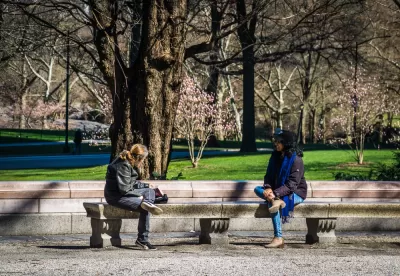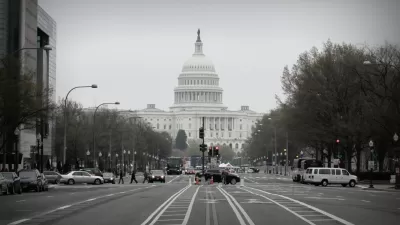A recent survey by the National Recreation and Park Association reveals that many park agencies are deferring or canceling maintenance and capital projects.

In the midst of a pandemic, parks and recreational facilities have proven to be popular destinations and essential infrastructure for a weary public seeking respite. Unfortunately, a recent survey by the National Recreation and Park Association (NRPA) reveals that park agencies are struggling financially, suggesting that they will have a hard time keeping up with community needs. Specifically, budget cuts are resulting in the delay or even cancellation of maintenance and capital projects. In this article, Kevin Roth of the NRPA reveals the following key findings from the survey:
- Half of the park and recreation agencies that responded to the December Parks Snapshot survey indicated that they had reduced their previously budgeted 2021 operating spending, with a median reduction of 20 percent.
- One third of park and recreation leaders indicated in the same survey that they had reduced 2021 capital budgets in response to the current financial challenges.
- 36 percent of agencies located in large metropolitan areas were cutting back spending on capital projects, compared to 30 percent of agencies located in small metropolitan and rural areas.
- The typical agency reduced its capital budgets by 37 percent, with 1 in 6 agencies cutting capital expenditures by at least half.
FULL STORY: How Strained Budgets Led to Maintenance Deferments and Capital Project Delays

Alabama: Trump Terminates Settlements for Black Communities Harmed By Raw Sewage
Trump deemed the landmark civil rights agreement “illegal DEI and environmental justice policy.”

Planetizen Federal Action Tracker
A weekly monitor of how Trump’s orders and actions are impacting planners and planning in America.

Why Should We Subsidize Public Transportation?
Many public transit agencies face financial stress due to rising costs, declining fare revenue, and declining subsidies. Transit advocates must provide a strong business case for increasing public transit funding.

Understanding Road Diets
An explainer from Momentum highlights the advantages of reducing vehicle lanes in favor of more bike, transit, and pedestrian infrastructure.

New California Law Regulates Warehouse Pollution
A new law tightens building and emissions regulations for large distribution warehouses to mitigate air pollution and traffic in surrounding communities.

Phoenix Announces Opening Date for Light Rail Extension
The South Central extension will connect South Phoenix to downtown and other major hubs starting on June 7.
Urban Design for Planners 1: Software Tools
This six-course series explores essential urban design concepts using open source software and equips planners with the tools they need to participate fully in the urban design process.
Planning for Universal Design
Learn the tools for implementing Universal Design in planning regulations.
Caltrans
Smith Gee Studio
Institute for Housing and Urban Development Studies (IHS)
City of Grandview
Harvard GSD Executive Education
Toledo-Lucas County Plan Commissions
Salt Lake City
NYU Wagner Graduate School of Public Service





























